
The Second Indochina War, known popularly as the Vietnam War, lasted two decades (1955-1975), and its casualties numbered in the millions. Being a particularly gruesome and doleful part of history, thousands of books have been written, seeking to understand why and how it happened and to offer explanations to the younger generations that did not experience it. Here are some of the best books on the subject, listed in strict order of appearance.
Fire in the Lake: The Vietnamese and the Americans in Vietnam (Frances FitzGerald, 1972)
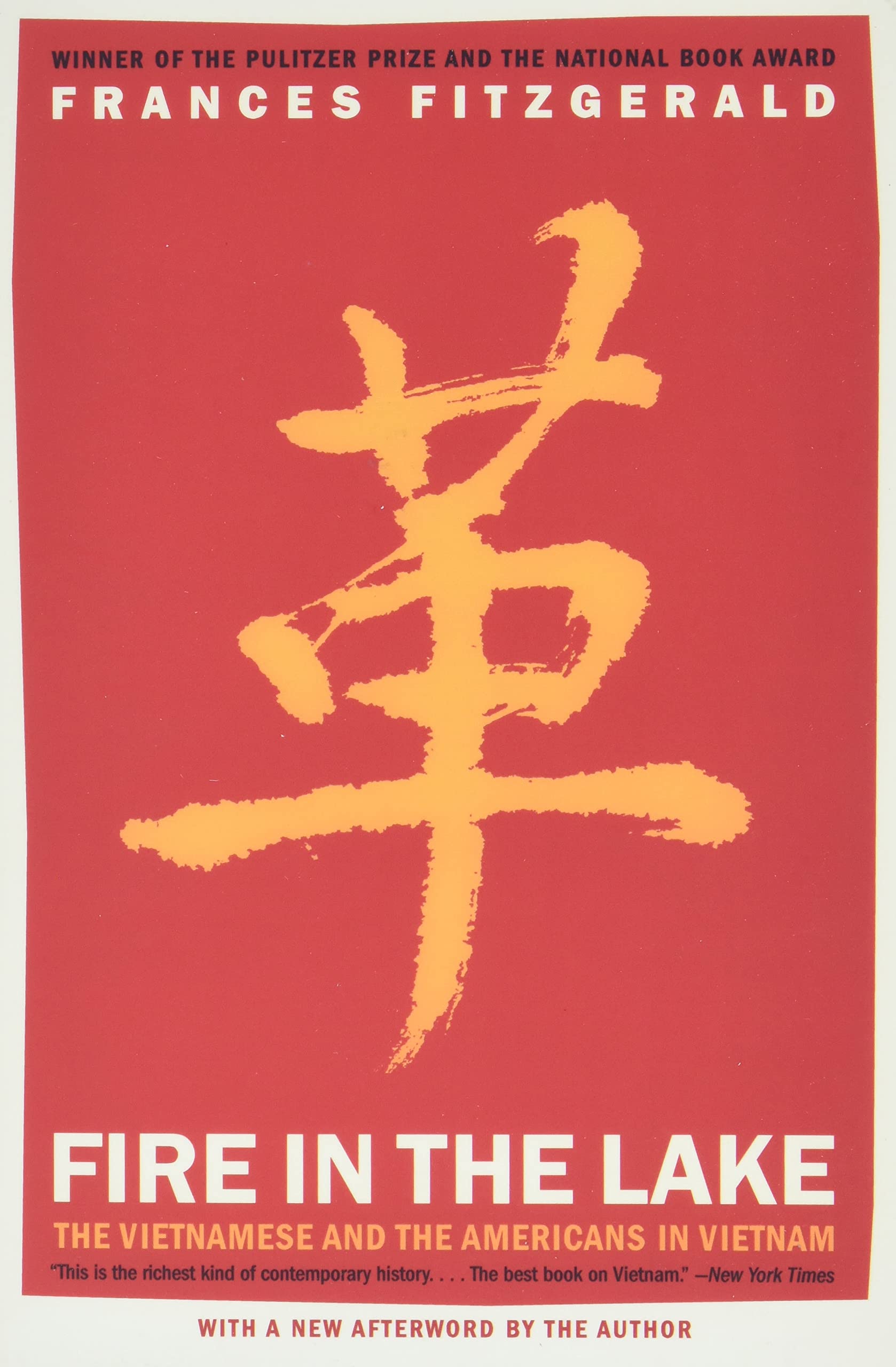
Our first book is a triple crown (National Book Award, Pulitzer Prize, and Bancroft Prize) winner, written three years before the fall of Saigon. Because it is so early, it is an outstanding analysis of the Vietnamese and the Americans in the war, and an impressive piece of scholarship.
It is organized in two parts, the first one being a description of the Vietnamese as a people before colonization and during the French Indochina period. The second part focuses on the arrival of Americans during the war, until shortly after the Tet Offensive.
This is a quite readable, incredibly thought-provoking, and well-researched book that sheds light on the pre-war years, a period that many of the other books on this list, unfortunately, leave aside.
The Word for World is Forest (Ursula K. LeGuin, 1972)
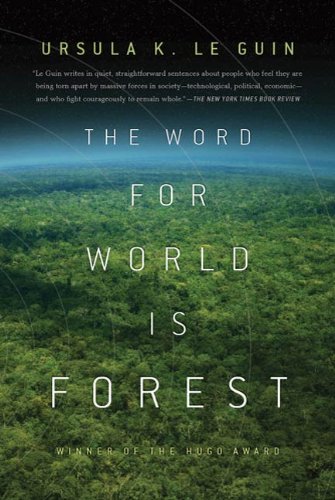
Do not be fooled by the reviews you may find online. This is a book about the Vietnam War, although it may appear as a science fiction novel. It is also a sci-fi masterpiece that won the Hugo Award in 1973.
People from Earth (Terra in the novel) arrive at a planet that is full of trees, a resource that cannot be found any longer on Earth. So, the first thing they do is start tearing down trees and exploiting the natives, a peaceful community that lived in the forest. When the wife of one of them is raped and murdered by a Terran captain, he leads a revolt against them, seeking to make the Terrans leave the planet.
In the process, however, their peaceful culture learns to kill and to hate, two notions that had escaped them before. All in all, The Word for World is Forest is a sharp reflection on the horrors of war and colonialism, and a powerful statement against the ongoing violence at the time.
Born on the Fourth of July (Ron Kovic, 1976)
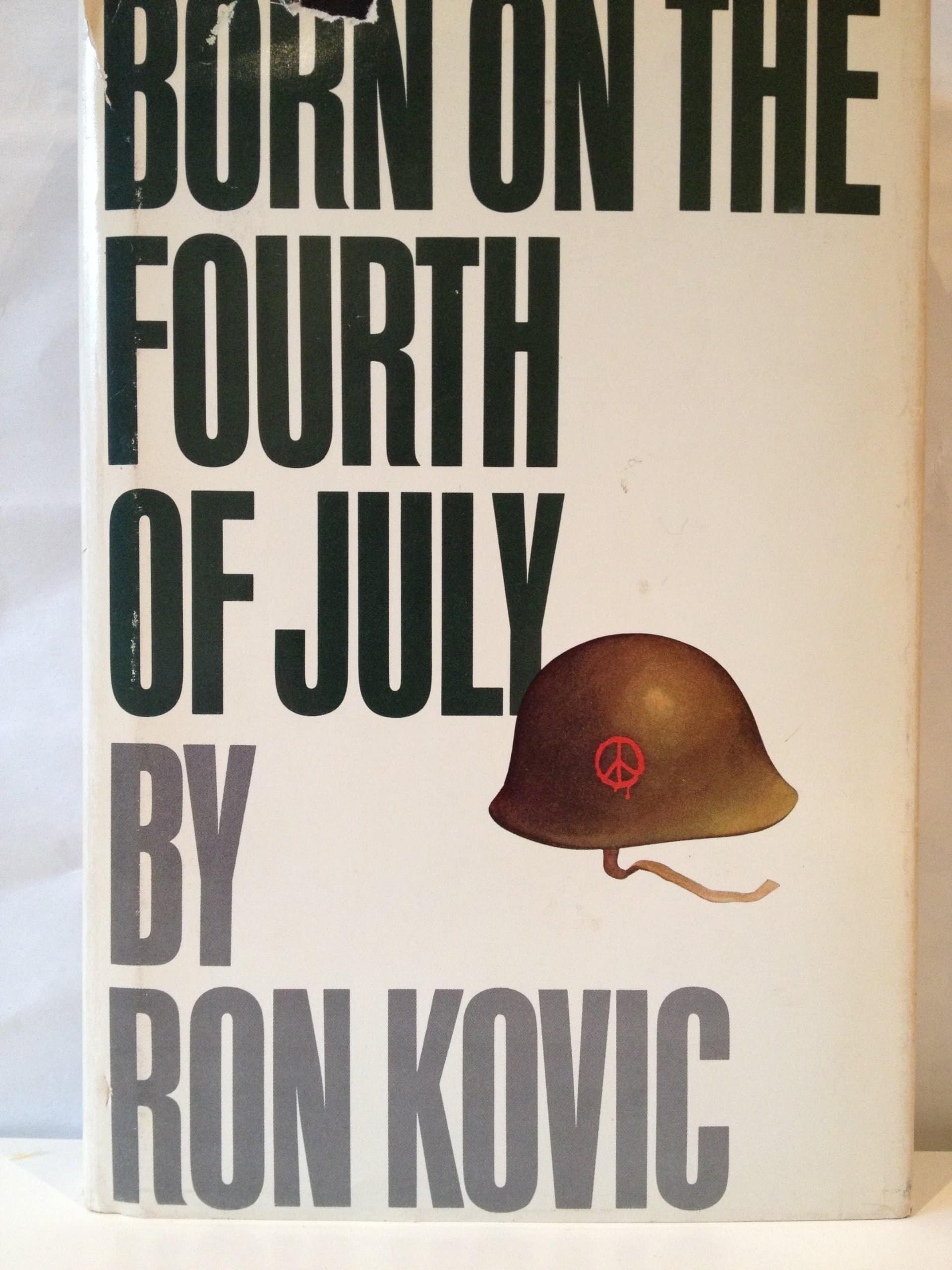
Ron Kovic was a United States Marine who was tragically wounded during his second tour of duty in Vietnam. Having become paraplegic for life, as soon as he returned home, he started writing the manuscript of a novel that is less fictional than many non-fiction bestsellers that speak about Vietnam.
Born on the Fourth of July is a powerful and bitter message about war and the American government. It describes a nightmarish experience, both on the battlefield and in the various VA hospitals, he stayed in, and is at times difficult to read.
This novel was famously adapted for the big screen by Oliver Stone in 1989, although the film lacks the first-person horror descriptions that make this book so poignant.
The Killing Zone: My Life in the Vietnam War (Frederick Downs, 1978)
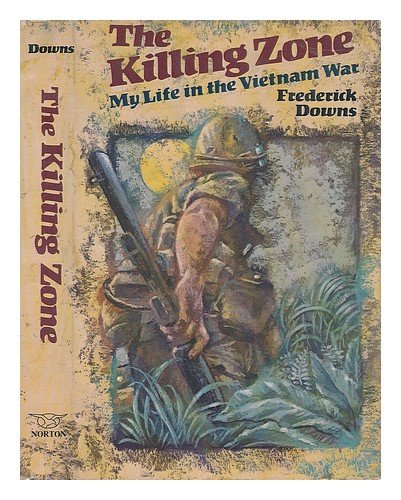
The Killing Zone is written in the form of a journal and does an excellent job at portraying the day-to-day life of infantry soldiers during the war.
Downs had been a Platoon Leader, and in his book we see him alternatively fighting boredom and mosquitoes while protecting bridges and shooting his way through the jungle in brutal battles with the Viet Cong.
It is as descriptive and narrative as it can be, and the atmosphere it builds is chilling at times. Thanks to his firsthand experience, Downs is able to accurately pass on the experience and feeling of fighting in this war.
The Short-Timers (Gustav Hasford, 1979)
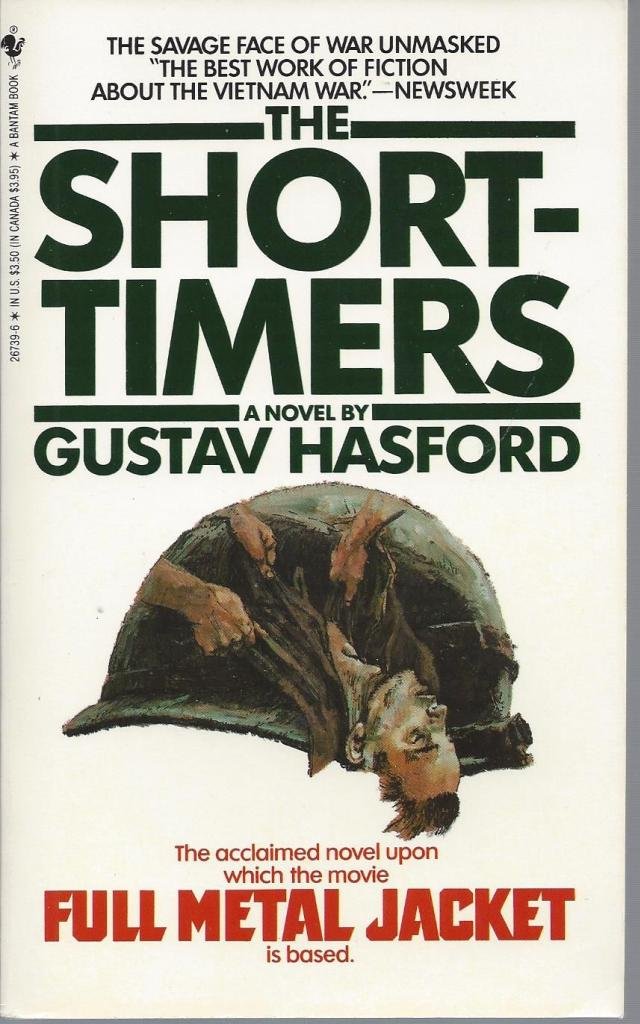
Stanley Kubrick turned this novel into his acclaimed movie Full Metal Jacket (1987), but the source material is just as good as the film. It follows the story of James T. ‘Joker’ Davis from Marine basic training to his deployment as a combat reporter in Vietnam to his experience as Platoon Leader after the Tet Offensive.
All in all, it is the story of a descent into barbarism that represents the intervention of America in Vietnam. This book encapsulates perfectly the absurdity of being a soldier fighting so far away from home in Vietnam and is a stern comment on the absurdities of war in general.
Bloods: An Oral History of the Vietnam War by Black Veterans (Wallace Terry, 1984)
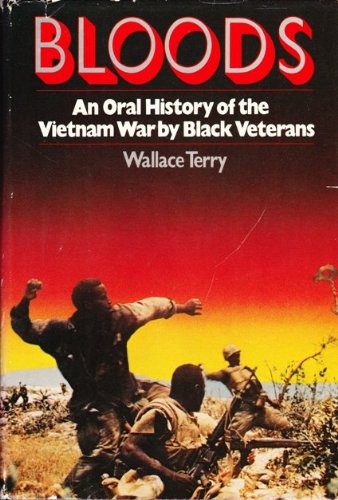
In this book, journalist and black veterans’ advocate Wallace Terry collects the oral histories of twenty black men who served in the Vietnam War. Black Veterans are often an overlooked group of soldiers, who share the experience of racism and discrimination despite representing a rich variety of backgrounds, experiences, and attitudes towards this war.
We hear their firsthand testimonies and their brutal truths, including unsetting accounts of bodily and mental trauma. For many interviewees, returning to America was not the end of their war, but the beginning of a new set of struggles. This book does an excellent job in recovering the thoughts and experiences of men who did not have the opportunity to tell their truths before.
A Bright Shining Lie: John Paul Vann and America in Vietnam (Neil Sheehan, 1988)
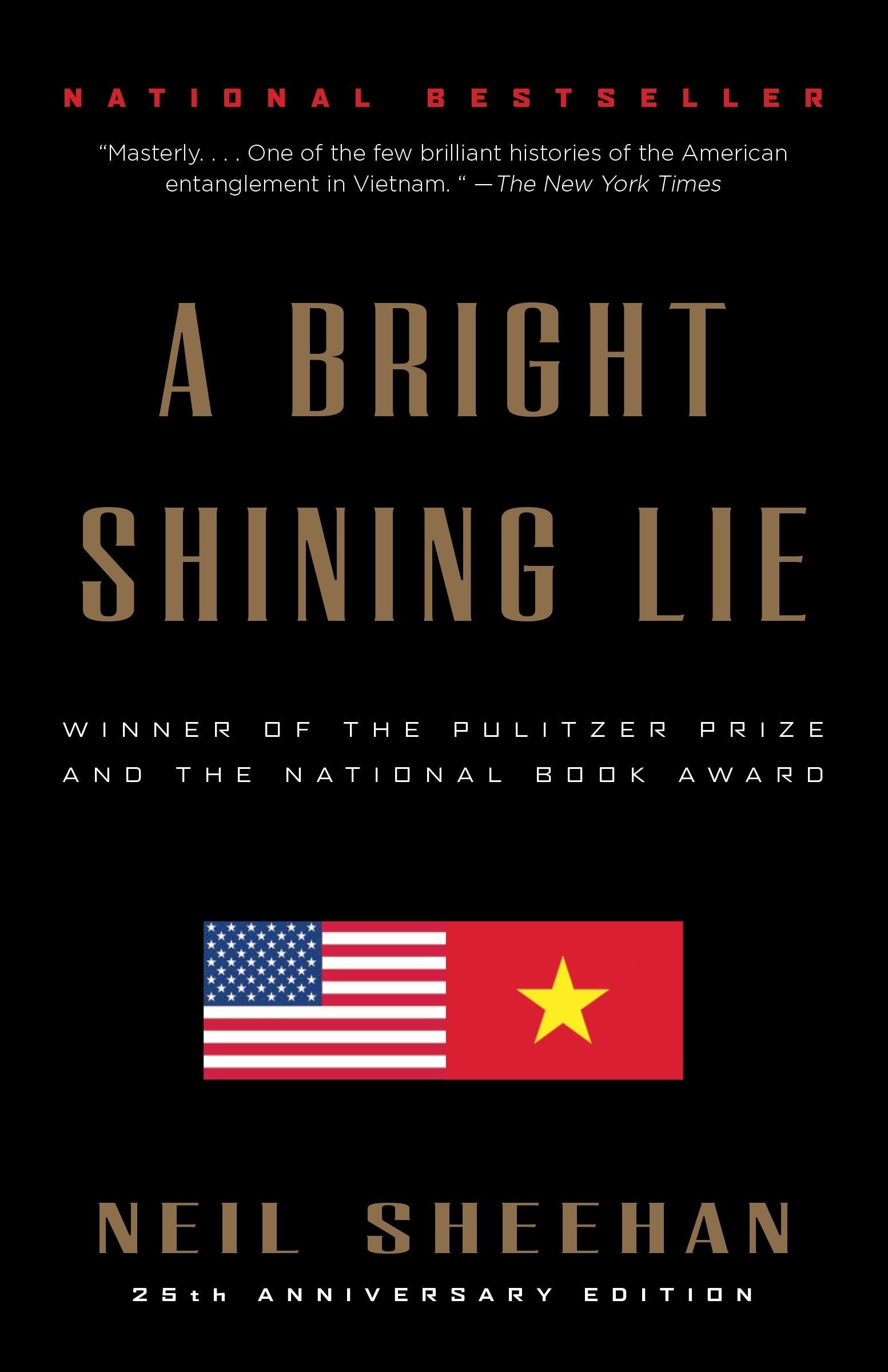
This book is an erudite, well-informed, and exhaustive narrative of the Vietnam War. Beginning in the 1850s with the French Colonial period, it covers the entire period until the rise of Ho Chi Minh to power after World War II.
Sheehan is a journalist by trade, and he shows it by providing a detailed analysis of American foreign policy in the Indochina region and the complicated cultural background of Vietnam. He does this while discussing the development of anti-communist ideas in America and by dissecting the complex character of his protagonist, John Paul Vann, who volunteered in Vietnam and was awarded the Distinguished Flying Cross for bravery in battle. Vann represents, in Sheehan’s story, a microcosm of America, complete with its greatness and also its ugly underside.
The Things They Carried (Tim O’Brien, 1990)
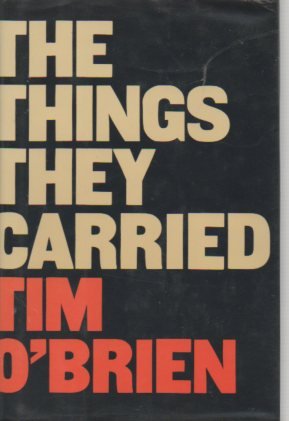
Tim O’Brien threads together twenty short stories, each one a small part of the larger story of American intervention in the Vietnam War. Most of the chapters tell stories of personal transformation, some for the better and some for the worse.
Although they can be read independently, the highlight of O’Brien’s book is the bigger picture that it paints, encompassing the different aspects of soldier life during the Vietnam war. It is not a particularly painful read, as are many books on this list, but its tone is very bleak. These are true stories that need to be told.
Dereliction of Duty: Lyndon Johnson, Robert McNamara, the Joint Chiefs of Staff, and the Lies that Led to Vietnam (H. R. McMaster, 1997)
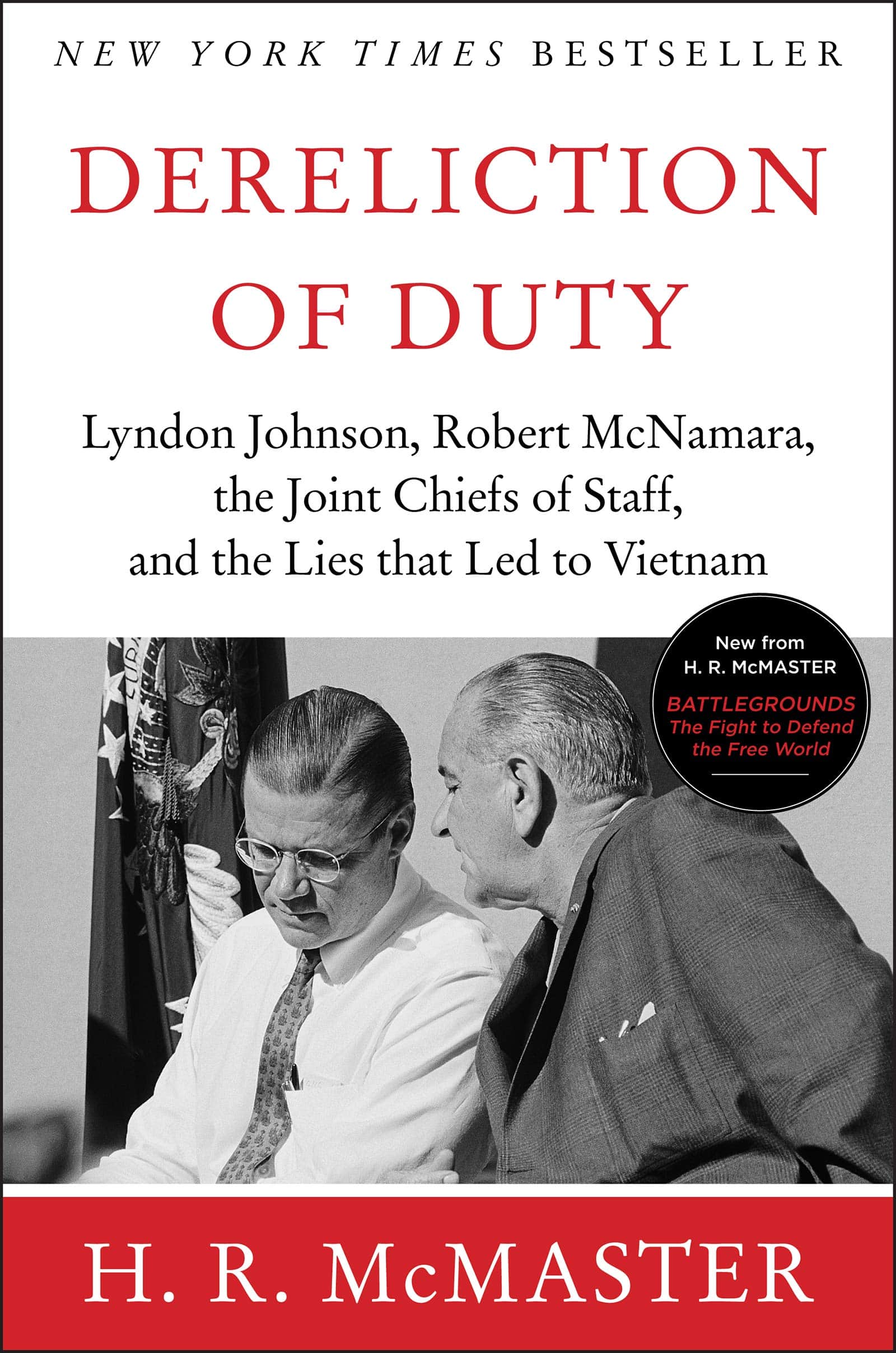
This book looks away from the battlefield, and into the machinations of the politicians and military personnel responsible for making most decisions regarding the war.
As the title already says, it concentrates on the crooked communication between the Joint Chiefs of Staff, Secretary of Defence Robert McNamara, and President Lyndon B. Johnson regarding the operations in Vietnam. But more so, it posits very important questions about the adequacy and effectiveness of Johnson’s policies.
Decisions taken in Washington D.C., thousands of miles from Hanoi, were ultimately more decisive to the overall development of the conflict than the efforts by the actual soldiers on the field.
In fact, the decision-makers in the Pentagon regarded them, as McMaster shows masterfully, as little more than cannon fodder. This book is indispensable for anyone who really wants to understand what happened in Vietnam.
Kill Anything that Moves: The Real American War in Vietnam (Nick Turse, 2011)
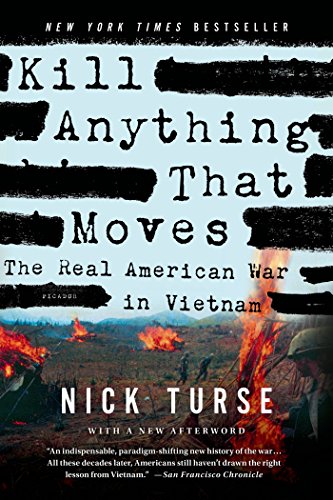
The newest book on this list may also be the most heavily researched. The dispassion of the academic vocabulary Dr. Turse uses clashes with the sheer horror that he describes in this beautifully crafted history of the Vietnam War. His main thesis is that beyond the acts of a few cruel individuals, the ‘kill anything that moves’ policy was dictated by the government and military hierarchy in mainland America.
This resulted in subjecting the Vietnamese to horrors America refused to acknowledge for decades. These produce an impressive amount of declassified documents that spell an elaborate government cover-up for the true atrocity of American policies in Vietnam. Few books come close to telling the story of the Vietnam War as skillfully as Kill Anything That Moves.
Wrapping Up
War is always a tragedy. But to write about it is an act of historical redress. More than 30,000 books have been written about the Vietnam War, and we have barely scratched the surface by talking about ten of them. Not all books on this list are heart-wrenching and difficult to read.
Some of them are lighter in tone, some talk about the war through metaphors, some concentrate on the political side, and some others on the actual war operations in the jungles of Vietnam. One thing is for sure: these are necessary reads, not only because they give historical information about the war, but because they allow us to reflect on its true colors.








